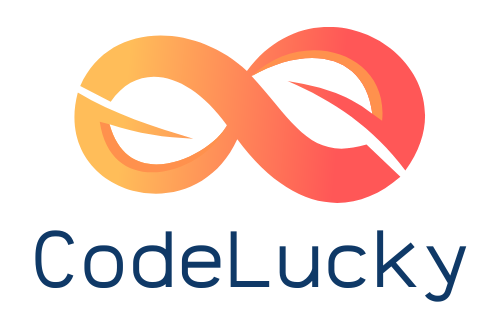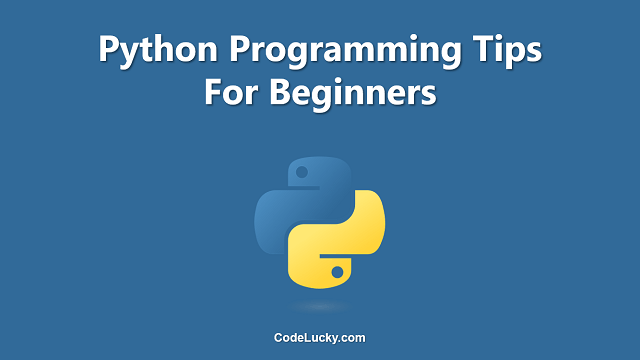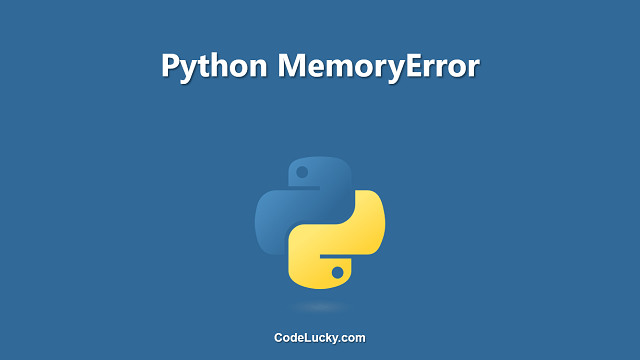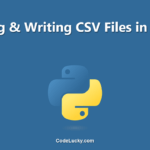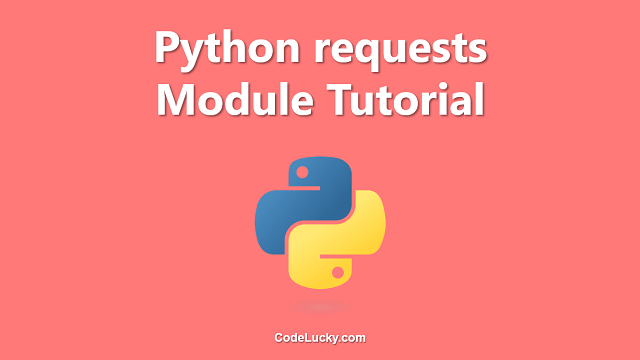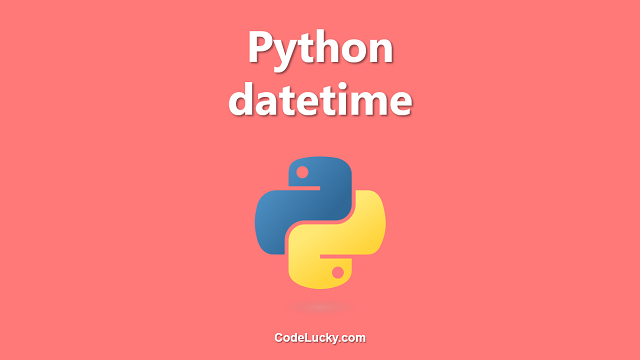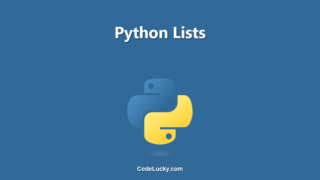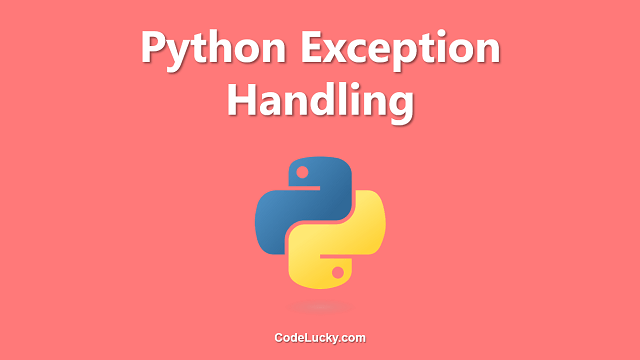Starting to learn a new programming language can be an exciting but overwhelming experience. Python is a great language for beginners due to its simplicity, readability, and versatility. Here are 12 tips for Python beginners to help you get started:
1. Start with the basics
Before diving into complex topics, make sure you understand the basics of Python programming. Learn the syntax, data types, and control structures. Try writing simple programs to practice using these concepts.
2. Use interactive mode
Python has an interactive mode where you can run commands one by one. This is a great way to experiment and test your code as you learn. You can start the interactive mode by running “python” in your terminal or command prompt.
3. Read the documentation
The official Python documentation is a comprehensive resource for learning the language. It includes tutorials, guides, and reference materials. If you’re stuck on a particular topic, chances are the documentation has an explanation and examples to help you.
4. Use online resources
There are many online resources available to help you learn Python, including tutorials, courses, and forums. One of the best resources is this website, CodeLucky.com itself. We’ve published everything here that you will ever need to master Python Programming. Make use of these resources to supplement your learning and get help when you need it.
5. Practice, practice, practice
The more you practice, the more you’ll learn. Try to write code every day and work on small projects to apply what you’ve learned. This will help you build your skills and confidence as a Python programmer.
6. Use version control
Using a version control system like Git can help you keep track of your code changes and collaborate with others. This is especially helpful if you’re working on a project with multiple contributors or if you want to experiment with different ideas without losing your previous work.
7. Use a good text editor or IDE
A good text editor or integrated development environment (IDE) can help you write and debug your code more efficiently. Some popular options for Python include PyCharm, Sublime Text, and Visual Studio Code.
8. Write clean code
Writing clean, readable, and well-documented code is important not just for others to understand your work, but also for yourself to understand your own code in the future. Make use of comments, whitespace, and clear variable names to keep your code organized and easy to read.
9. Learn about modules and libraries
Python has a large number of modules and libraries that provide additional functionality for specific tasks. For example, the ‘os’ module provides functions for working with the operating system, and the ‘numpy’ library provides functions for working with arrays and matrices. Learning about these resources can help you accomplish tasks more efficiently and effectively.
10. Don’t be afraid to ask for help
Learning a new programming language can be challenging, but don’t be afraid to ask for help. There are many people who are willing to help and support you on your journey. Ask questions in forums, reach out to fellow programmers, or connect with others on social media. You’ll be surprised at how supportive and helpful the programming community can be!
11. Collaborate with others
Collaborating with others on programming projects can be a great way to learn and improve your skills. Join online communities, attend local meetups, or find a study group to work with. Working with others can help you see different perspectives and approaches to solving problems, and can also help keep you motivated and accountable.
12. Don’t get discouraged
Learning to code is a challenging and rewarding process, but it can also be frustrating at times. Don’t get discouraged if you hit a roadblock or if it takes longer to understand a particular concept than you thought it would. Keep practicing and seeking help when needed, and remember that progress takes time. Stay positive and enjoy the journey!
By following these tips and using the resources available to you, you’ll be on your way to becoming a confident and skilled Python programmer. Happy coding!
